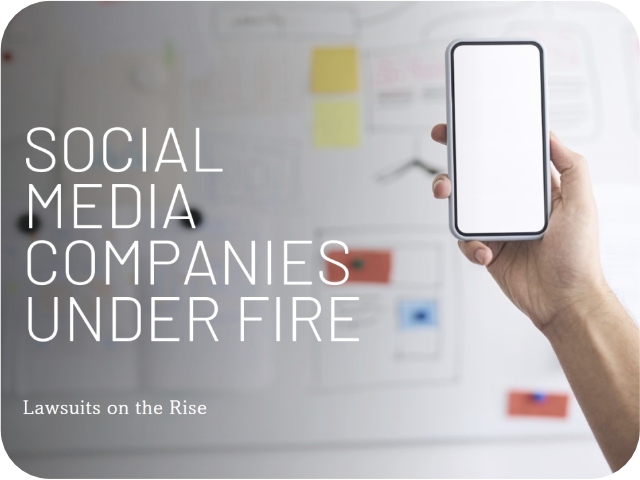In the past few months, some major legal battles have been brewing against social media giants like TikTok and Meta. You’ve probably seen the headlines, states across the U.S. are suing these companies for the way their platforms seem to be hurting young people’s mental health. The scary part? These lawsuits are coming at the same time as new research from Oxford’s BrainWaves study, which confirms what many of us feared: social media isn’t just distracting, it’s actually making things worse for teens.
Why Are Social Media Companies Being Sued?
Let’s start with the lawsuits. In 2024, 14 U.S. states decided they’d had enough. They’re accusing TikTok, Meta, and others of making their platforms addictive on purpose, and we’re not just talking about fun features. The lawsuits argue that the algorithms behind these platforms are designed to keep kids scrolling for hours, leading to anxiety, depression, and even serious real-world harm. Think about those dangerous viral challenges we keep hearing about, like the “Blackout Challenge” on TikTok. Tragically, some of these challenges have resulted in deaths, and the lawsuits claim companies aren’t doing enough to prevent this.
What the BrainWaves Study Found
The BrainWaves study, led by Oxford University’s Professor John Gallacher, revealed some concerning insights into how social media affects young people’s mental health. Teens who use platforms like TikTok and Instagram more frequently are at a higher risk of experiencing anxiety, depression, and lower life satisfaction. The study also found that social media use can increase feelings of isolation, particularly among teens who already feel socially vulnerable. In short, more time spent online often leads to less happiness and more mental health challenges.
The Big Picture: What Needs to Change
The lawsuits and the BrainWaves study are both sounding the alarm, and it’s clear something needs to change. Social media companies must take responsibility for how their platforms are affecting young people. Whether it’s tighter regulations on algorithms, better parental controls, or making sure harmful content like dangerous challenges is flagged and removed, we need solutions.
At the same time, parents, schools, and communities need to be part of the conversation. How can we help teens build a healthier relationship with social media? The findings from Oxford suggest that it’s time to start talking about digital well-being, how much time we spend online, what kind of content we’re consuming, and how we’re using social media to connect with others in meaningful ways.
Final Thoughts: This Is Just the Beginning
We’re at a crucial moment when it comes to social media and mental health. The lawsuits against companies like TikTok and Meta are a wake-up call, but they’re only part of the solution. The research is clear: social media can be harmful, especially for teens. It’s up to all of us, parents, educators, tech companies, and policymakers, to create a safer digital world where young people can thrive.

